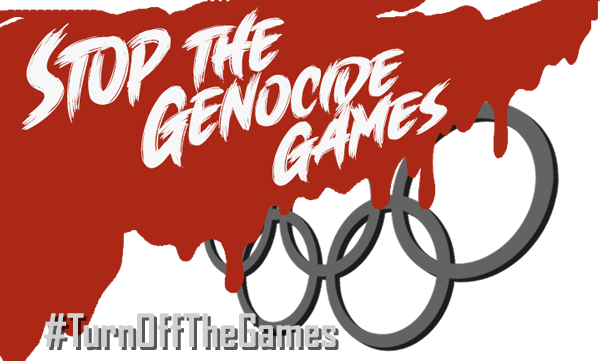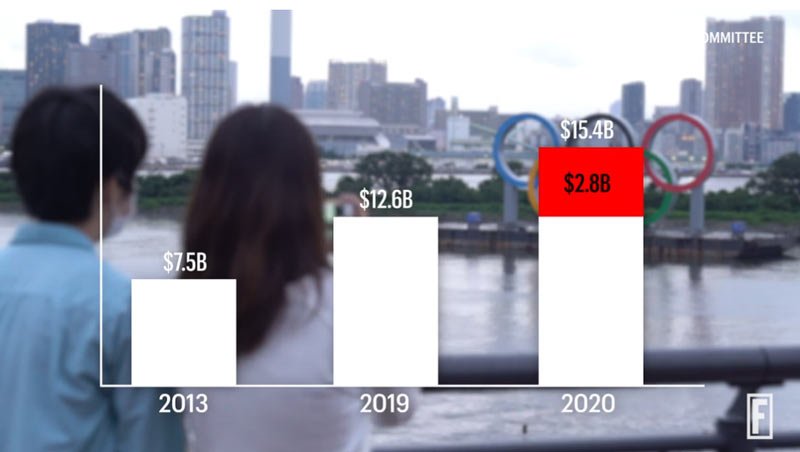By EAMON BARRETT | Fortune | April 7, 2021
It’s the year 2021, and the Tokyo 2020 Summer Olympics haven’t happened yet. But human rights campaigners already are turning attention to next year’s games—the Beijing 2022 Winter Olympics, which will kick off on Feb. 4.
Rights groups are calling for a boycott of Beijing 2022 to protest against Beijing’s continued persecution of the Uighur population in Xinjiang—a persecution the U.S. has labeled “genocide.” But while the Biden administration has sanctioned several Chinese officials and entities in response to the Xinjiang crisis, the White House hasn’t hinted that it might call for an Olympic boycott.
Until recently.
On Tuesday, U.S. State Department spokesman Ned Price said that boycotting the 2022 Olympics was “something that [the U.S.] wish[es] to discuss” with its allies as a further means to object to the crisis in Xinjiang.
The State Department later walked back Price’s remarks, telling the media, “Our position on the 2022 Olympics has not changed. We have not discussed and are not discussing any joint boycott with allies and partners.”
But political risk adviser Eurasia Group wagered in a report last Thursday that the likelihood of the U.S. and an ally issuing a diplomatic boycott of the Games is 60%, noting that “momentum is building in many Western countries for at least partial boycotts of the Beijing 2022 Winter Olympics.”
In a diplomatic boycott, a country might prohibit government officials from attending the Olympic Games but will still send athletes to compete. Diplomatic boycotts are sometimes implied rather than stated. In 2014, for example, President Barack Obama excluded all senior-level elected officials from the U.S. delegation sent to attend the Sochi Winter Olympics.
LGBT rights groups had called for a boycott of the 2014 Winter Games, owing to Russia’s persecution of its LGBT community. U.S. athletes, however, still attended. The U.S. Olympic and Paralympic Committee (USOPC)—which represents the interest of athletes attending the Olympics—has opposed an athlete-level boycott of Beijing 2022, too.
During a press conference in March, USOPC president Susanne Lyons said athlete boycotts “only hurt athletes who have trained their entire lives for this opportunity to represent their country.”
The U.S. last prohibited athletes from attending the Games in 1980, when it boycotted the Moscow Summer Olympics in protest of the Soviet Union’s invasion of Afghanistan. Lyons said that boycott, specifically, was not “effective.”
The International Olympic Committee (IOC), which orchestrates the Olympic Games, has likewise opposed athletic boycotts of Beijing 2022—although the IOC has major financial interests tied up in the Games. The IOC earns over 90% of its revenue from selling broadcast rights to Olympic events. Those rights would be all but worthless without athletes.
Eurasia Group reckons the likelihood of one or more Western countries issuing an athlete boycott of the upcoming Winter Olympics is only 30%, and notes that Beijing is more likely to retaliate against such a move, since an athletic boycott is more noticeable than a diplomatic one.
“Western boycotts are very unlikely to damage [Chinese President Xi Jinping’s] domestic political standing and are likely to feed an anti-Western nationalist backlash,” Eurasia Group writes.

